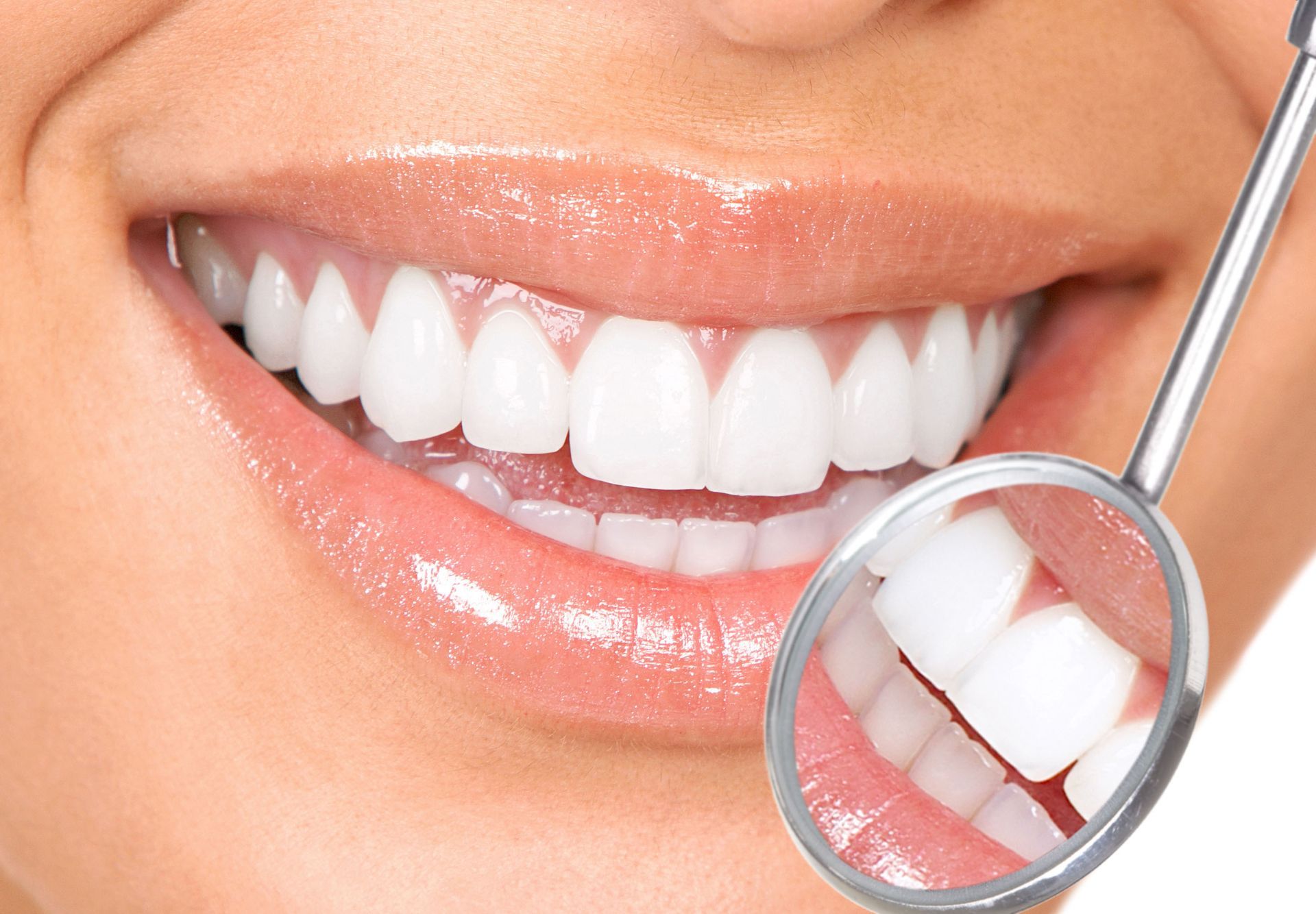What’s Behind the Fear of Dentists? A Closer Look at Dental Anxiety
Most of us know that taking care of our teeth is important. Brushing, flossing, and eating the right foods are all part of the equation—but so is visiting the dentist regularly. Despite this, many people avoid making appointments, even when they know they should. For some, this hesitation stems from busy schedules or forgetfulness. For others, it’s something deeper: fear. Dental anxiety is more common than you might think, and it affects people of all ages and backgrounds.
So why are so many people afraid of going to the dentist? What’s really behind this fear, and how can it be addressed? In this article, we’ll take a closer look at the causes of dental anxiety, how it impacts health, and what steps both patients and dental professionals can take to make visits less intimidating.
Understanding Where the Fear Comes From
Fear of dental visits doesn't usually appear out of nowhere. For many people, it starts with a past experience—perhaps one that involved pain, discomfort, or a lack of communication. Even one negative encounter can shape the way a person views future visits. It’s also common for fear to be passed down from parents or caregivers. If a child grows up hearing anxious comments about dental visits, they may internalize that fear themselves.
Sensory triggers also play a big role. The sound of a drill, the smell of antiseptic, or even the sensation of having someone work inside your mouth can be unsettling. For people who feel a loss of control in certain situations, the act of lying back in a chair with limited ability to speak can trigger anxiety or panic.
There’s also the fear of the unknown. If someone hasn’t been to the dentist in a while, they may worry about what will be found, whether it will hurt, or if they’ll be judged for the condition of their teeth. These fears can be powerful enough to keep people away, sometimes for years.
How Anxiety Affects Dental Health
Avoiding dental care because of fear can lead to a cycle that’s difficult to break. When someone skips routine cleanings and checkups, small issues like cavities or gum irritation can progress into larger, more painful problems. Ironically, this can make the eventual visit to the dentist more intense, reinforcing the fear that led to the delay in the first place.
This pattern doesn’t just impact oral health—it can affect overall well-being. Poor dental hygiene has been linked to heart disease, diabetes, and other systemic health conditions. And when someone feels self-conscious about their smile, it can also take a toll on their confidence and social life.
According to Gitnux, only 62.5% of adults between the ages of 18 and 64 visited the dentist in the past year in the United States. This means more than a third of adults are potentially skipping out on preventive care—many of them likely due to fear or anxiety. Understanding and addressing these fears is an important step toward helping more people access the care they need.
The Most Common Triggers
While everyone’s experience with dental anxiety is unique, there are some common triggers that tend to come up again and again. One of the most frequently mentioned is fear of pain. Even though modern dental techniques have greatly reduced discomfort, the perception of pain can be just as powerful as the real thing.
Another major factor is fear of needles or injections. Even patients who are otherwise fine with dental work may hesitate at the thought of receiving a numbing shot. For others, the fear is more about the loss of control during the procedure. Not being able to talk, swallow comfortably, or get up mid-treatment can make the situation feel overwhelming.
Some people also struggle with embarrassment. If it’s been a long time since their last visit, they may feel ashamed of the condition of their teeth and worry about being judged. This emotional discomfort can be just as strong as the physical fears.
It’s also worth noting that anxiety can be related to mental health conditions. People with generalized anxiety disorder, post-traumatic stress disorder, or sensory processing challenges may find dental visits particularly stressful. Recognizing these connections can help tailor care to better meet individual needs.
Strategies for Managing Dental Anxiety
The good news is that dental fear is manageable—and in many cases, it can be significantly reduced with the right approach. For patients, the first step is often acknowledging the fear and being open about it with their dental provider. Many dentists are trained to work with anxious patients and can offer accommodations that make the experience more comfortable.
One simple but effective strategy is to bring a trusted friend or family member along to the appointment. Having someone there for support can ease nerves and provide a sense of reassurance. Some people also find it helpful to listen to calming music or podcasts during treatment to distract from the sounds of the dental office.
Breathing techniques and mindfulness exercises can also help reduce anxiety. Deep, slow breaths can lower heart rate and create a sense of calm. Practicing these techniques before and during the appointment can make a noticeable difference.
For those with more intense fear, sedation options may be available. From mild anti-anxiety medications to conscious sedation and even general anesthesia in some cases, these methods can help patients get the care they need without distress.
Dental professionals also play a key role in easing fear. Simple things like explaining each step of a procedure, checking in frequently, and creating a non-judgmental environment can go a long way. Building a relationship of trust between provider and patient is one of the most effective ways to reduce anxiety over time.
Creating a More Comfortable Future
As awareness of dental anxiety grows, more practices are making changes to create welcoming and low-stress environments. Some have redesigned their spaces to feel more like a spa than a clinic, complete with warm lighting, cozy seating, and even aromatherapy. Others use technology like quiet drills and digital X-rays to reduce discomfort and speed up appointments.
Communication is key. When patients feel heard and understood, they’re more likely to return for future visits. Dentists who take time to listen to concerns and explain treatment options in simple terms can make a huge difference in how a patient perceives care.
Parents can also play a role in helping their children develop healthy attitudes toward dental visits. Talking positively about appointments, avoiding scary language, and starting checkups early can set the stage for a lifetime of better oral health and lower anxiety.
As more people share their experiences and strategies for overcoming fear, the stigma around dental anxiety continues to fade. It’s becoming more acceptable to talk openly about these feelings, which helps others realize they’re not alone—and that solutions are available.
Dental anxiety is a real and valid experience that affects millions of people. But it doesn’t have to stand in the way of good health. By understanding the roots of this fear, recognizing common triggers, and exploring strategies to manage it, both patients and dental professionals can work together to create better experiences.
Visiting the dentist may never be anyone’s favorite activity, but it doesn't have to be a source of dread. With the right support and a bit of preparation, even the most anxious patients can take steps toward more comfortable, confident care.
If dental anxiety has been holding you back, let Sylvan S. Stern, DDS PLC help you take the first step toward stress-free care. Contact us today to schedule a gentle, judgment-free appointment tailored to your comfort.











Share On: